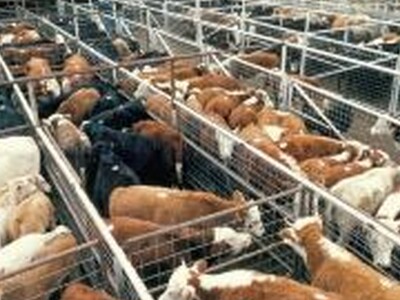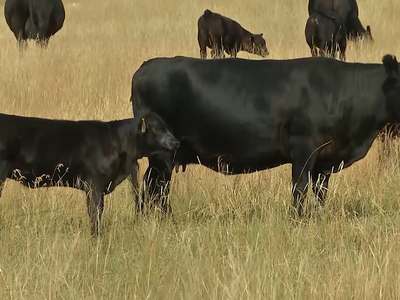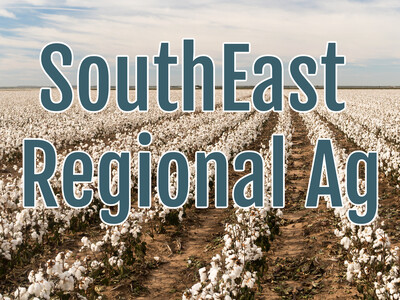Simpson Fights for Reforms & Compounds Show Promise
Simpson Fights for Reforms & Compounds Show Promise plus Food Forethought. I’m Greg Martin with today’s Northwest Report.
Idaho’s Mike Simpson wants to restore balance through negotiating new reforms to laws such as the Endangered Species Act, the National Environmental Policy Act and the Equal Access to Justice Act. He explains that for too long - Congress has sat idly by watching as the courts transform federal laws away from what Congress intended and toward an ideology that abhors multiple-uses and openly states its desire to move both livestock and anything with wheels off of public lands. The Idaho Representative says for those concerned about the constant drain of taxpayer dollars through endless litigation and the impact that litigation has on the ability of public land managers to do their job - the status quo is unacceptable and must change.
A recent study shows two compounds within grapes work together to battle the second largest form of cancer in the US. Jairam Vanamala of Colorado State University Extension says resveratrol, a compound found in red grapes, mulberries, peanuts, and certain plants and a compound in grape seed are showing promising results.
VANAMALA:What we found out is that individually they are not as effective but together, even at low concentrations they can cause the colon cancer cells to self destruct but they are harmless to heathy colon cells.
Now with today’s Food Forethought, here’s Lacy Gray.
So, is the “if you build it, they will come” mind set really a working solution when it comes to getting American consumers to make healthier food choices? First Lady Michelle Obama seems to think so. Her recent announcement that Walmart and several other major retailers plan to expand their fresh produce and healthy food choices in 1,500 stores in communities that perhaps do not have as easy access to such fare is a continuation of Ms. Obama’s push nationwide to reduce childhood obesity rates, and per her opinion a really big deal. Well, yes and no. That depends on whether or not there really are food deserts, areas that lack access to affordable fresh fruits and vegetables and other healthy foods, in the United States. According to a 2009 USDA report a very small percentage of Americans have limited access to affordable nutritious food, but other studies show that even when healthier food options are available in so called “food deserts”, many of these consumers continue to buy less healthy food choices based solely on personal taste preferences. So much for the easy “if it’s available, they will choose it” fix.
Thanks Lacy. That’s today’s Northwest Report. I’m Greg Martin on the Ag Information Network.














